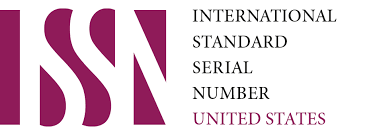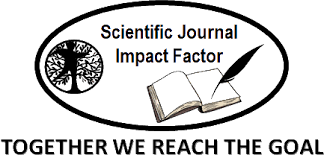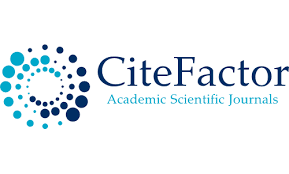The most significant methods of mastering of communicative competence in target language
Keywords:
Project work, ESP, communication, competenceAbstract
Higher education plays an important role in developing communicative skills of ESP learners. ESP is oriented towards mastering the skills for professional communication. However, most of the students find themselves incompetent in the course of their work. The article discusses the benefits of using a project work to history students to improve their speaking skills as well as professional communication. The topicality of the article is determined by the fact that the projects proposed have not been actively introduced into curriculum designed for history students. The article is aimed at analyzing the problems the teachers face in teaching process. It proposes six methods for teachers as practical advice that can be used effectively to master students’ speaking skills at the end of the project. The results show that implementing project is very effective in improving speaking, critical thinking skills, creativity, and how to manage the time. The purpose of the article is to encourage ESP students to learn English through introducing new approaches to teaching. The author indicates that apply project work to language learning raises the academic achievement in which students explore the real world challenges
References
Alan, B.,S & Stoller, F.L(2005).Maximizing the Benefits of project work in Foreign Language classroom. English Teaching Forum
BrophyJ.,& Alleman, J (1991). Activities as instructional tools:
Diaz Ramires,M.I (2014) Developing learner autonomy through project work in an ESP Class.
Dudley-Evans, T.& M. St John (2001).Development in ESP. Cambridge. Cambridge University press.
Fried-Booth, D. L.(2002).Project work. Oxford: Oxford University press
Harmer, J (1991) The practice of English Language Teaching. London: Longman.
Levine, G., S(2004).Global simulation: student-centred, task –based format for intermediate Foreign language.
Lynch, D, and K.Anderson.(1992).Study Speaking. Cambridge. Cambridge University Press
Stoller, F. (2006)Establishing a theoretical foundation for project based learning in second And foreign-language contexts.
www. Ziyo.u
Ampatuan, Ramlah A., and Ariel E. San Jose. “Role Play As An Approach In Developing Students Communicative Competence.” International Journal for Innovation Education And Research 4.1 (2016).
Canale, Michael, and Merrill Swain. “Theoretical bases of com-municative approaches to second language teaching and testing.” Applied linguistics 1.1 (1980): 1-47.
Canale, Michael. “From communicative competence to communicative language Pedagogy.” Language and communication 1.1 (1983): 1-47.
Chomsky, Noam. Aspects of the Theory of Syntax. Vol. 11. MIT press, 2014
Downloads
Published
Issue
Section
License

This work is licensed under a Creative Commons Attribution-NonCommercial 4.0 International License.
User Rights
Under the Creative Commons Attribution-NonCommercial 4.0 International (CC-BY-NC), the author (s) and users are free to share (copy, distribute and transmit the contribution).
Rights of Authors
Authors retain the following rights:
1. Copyright and other proprietary rights relating to the article, such as patent rights,
2. the right to use the substance of the article in future works, including lectures and books,
3. the right to reproduce the article for own purposes, provided the copies are not offered for sale,
4. the right to self-archive the article.














